
Introduction
In cases when the cancer is spread through the lungs, surgery is necessary. In cases when whole lung is surgical removed, the procedure is called pneumonectomy, and if only one or several lobes of the lung, surgical procedure is called lobectomy. In this procedure, incision is made between two ribs in front to back direction. After approximately 6-8 day after the surgery you will be released from the hospital.
Risks after surgery
There are always possible risks in any surgical procedure. Internal bleeding, infection, difficulty to bread and blood clots are only some of them. Fortunately, medical staff is experienced in those kinds of possible complication, and will take care of them.
Week before surgery you should stop taking ibuprofen and Aspirins, and also some blood test will be needed. Just before surgery you should skip meal and maybe take a sleeping pill. In cases that you have any other medical problems like fever of flu, surgical procedure will be postponed.
When you arrive at a hospital for surgery, doctor will check with you about any other medical condition that you may have, or any other medications that you take like blood pressure medicaments, heart medicaments, diabetes pills or insulin, etc. You will the be taken to X ray, and later attached to heart and vital signs monitor.
After the surgery
Procedure usually takes between 3 and 4 hours, and it is performed with general anesthesia. Incision will be closed, stitched and bandaged, and you will be again attached to the vital signs monitors, together with ventilator, special machine that do the breathing instead of you. Also, it is necessary, some other medical post operative equipment will be attached to you like, wrist restrains, pneumatic boots or nasogastic tube.
After the surgical procedure when your doctors checks you and notice signs that your stomach is working again, you will be able to eat, just the liquid and light food at first, and later the normal one. You may also have constipation for some time after the surgery.
Medicaments
There are several types of medicaments that you will be taking after the surgery. First group is pain killers, which will be given to you via IV, pills, or shots. Second group will be antibiotics, to prevent bacterial infection, and they too can be given via IV, pills or shots. Stool softeners are also needed after surgery in order to make your bowel movements softer and you will feel no strain. In order to breathe more easily after surgery, you will be needing to inhale medicaments through special machine.


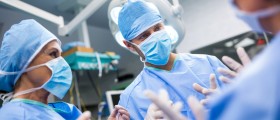

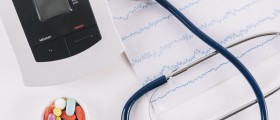
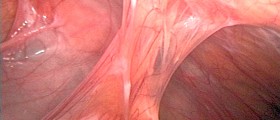


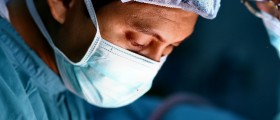
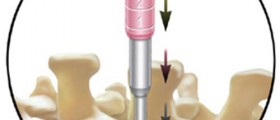


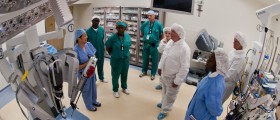
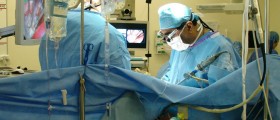
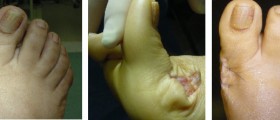
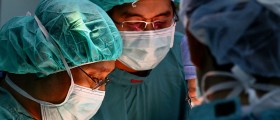
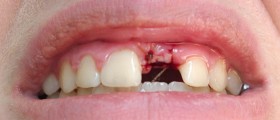
Your thoughts on this
Loading...